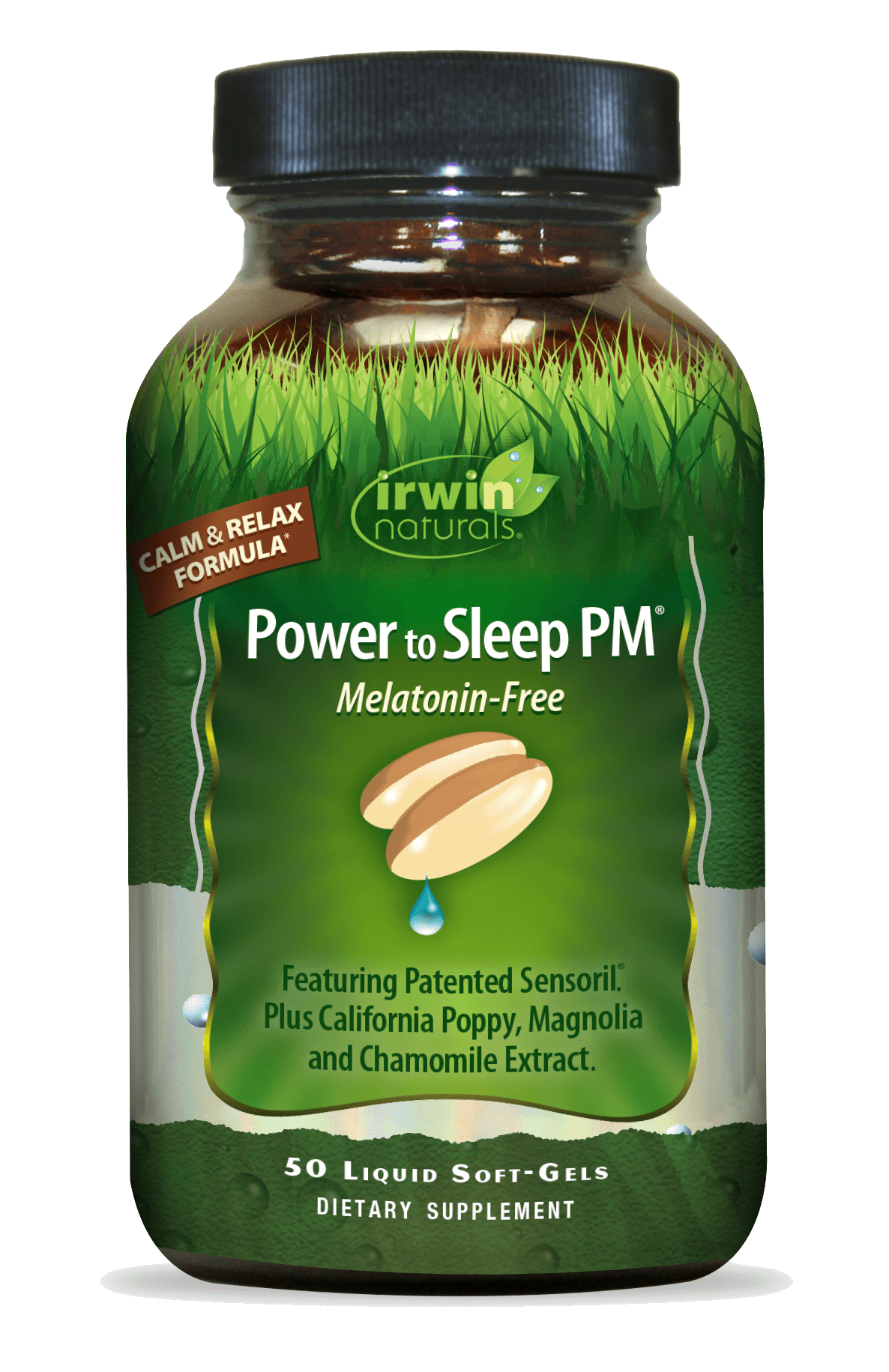Melatonin supplements can help improve sleep quality, especially for those with specific sleep disorders, jet lag, or shift work-related sleep disturbances. However, their effectiveness varies, and they may not be as beneficial for everyone.
Melatonin is a hormone naturally produced by the pineal gland in the brain, primarily responsible for regulating the sleep-wake cycle. It is released in response to darkness, signaling to the body that it’s time to sleep. Melatonin levels typically rise in the evening, remain high at night, and decrease in the morning.
For some individuals, especially those experiencing conditions like insomnia, delayed sleep-wake phase disorder (DSWPD), or jet lag, the body’s melatonin production may be misaligned or insufficient, making it difficult to fall asleep or maintain sleep. In such cases, melatonin supplements can be beneficial.
Melatonin supplements are most effective in situations where the body’s internal clock needs to be adjusted. For example:
- Insomnia: Melatonin can reduce the time it takes to fall asleep in people with insomnia, particularly in older adults who may have lower melatonin levels.
- Delayed Sleep-Wake Phase Disorder (DSWPD): People with DSWPD, who naturally fall asleep later than desired, may benefit from melatonin to help advance their sleep schedule.
- Jet Lag: Melatonin can help reset the circadian rhythm when crossing multiple time zones, reducing the severity of jet lag symptoms.
- Shift Work: Those who work night shifts and need to sleep during the day may find melatonin helpful in adjusting their sleep patterns.
However, the effectiveness of melatonin can vary based on factors such as the timing of the dose, the individual’s age, and the reason for sleep disturbances. Some studies suggest that melatonin’s benefits may be modest compared to other sleep aids, and its long-term use requires more research to fully understand potential side effects.
| Condition | Effectiveness | Average Reduction in Sleep Onset Time | Improvement in Sleep Quality |
|---|---|---|---|
| Insomnia | Moderate | 7-12 minutes | 15-20% improvement in sleep efficiency |
| Delayed Sleep-Wake Phase Disorder | High (especially in younger individuals) | 30-40 minutes | 25-30% improvement in sleep latency |
| Jet Lag | High (for eastward travel) | Varies (dependent on time zones crossed) | Reduction in jet lag symptoms by ~50% |
| Shift Work | Moderate | 10-15 minutes | 10-15% improvement in sleep duration |
What Is Melatonin?
Melatonin is a hormone naturally produced by the pineal gland in our brain. It helps regulate our sleep-wake cycle by signaling to our bodies that it’s time to sleep. This hormone is released when it gets dark, preparing our bodies for sleep. In the morning, when the light levels increase, melatonin production decreases, allowing us to wake up and feel refreshed.
Overview of Melatonin:
Melatonin is crucial in our sleep-wake cycle, or circadian rhythm. It helps synchronize our internal body clock with the external environment. This hormone promotes sleepiness and maintains restful sleep throughout the night. Therefore, it is commonly used as a natural sleep aid, especially for those who have difficulty falling asleep or staying asleep.
Role of Melatonin in Sleep Regulation:
Melatonin interacts with the brain receptors and neurotransmitters involved in sleep regulation. It helps reduce the time it takes to fall asleep (sleep latency) and improves sleep quality. Some studies suggest that melatonin supplements might be beneficial for certain sleep disorders such as insomnia, jet lag, and shift work sleep disorder.
While melatonin supplements can improve sleep in certain situations, it is always important to consult with a healthcare professional before starting any new supplement regimen. They can guide dosage, timing, and potential interactions with other medications.
Effectiveness Of Melatonin Supplements
Research on the effectiveness of melatonin supplements in helping sleep has shown mixed results. Some studies have found that melatonin can effectively improve sleep quality and reduce the time it takes to fall asleep, particularly in people with insomnia or jet lag.
However, other studies have found no significant difference between melatonin and a placebo. The effectiveness of melatonin supplements may depend on various factors, including the individual’s natural melatonin levels, the dosage and timing of the supplement, and the specific sleep problem being addressed.
It is important to note that melatonin is not a cure-all for sleep issues and should not be relied upon as the sole solution. It is always recommended to consult with a healthcare professional before starting any new supplement or medication. Adopting healthy sleep habits, such as maintaining a consistent sleep schedule, creating a conducive sleep environment, and practicing relaxation techniques, can also contribute to better sleep quality.
Considerations And Recommendations
Do melatonin supplements help you sleep? When considering the use of melatonin, it’s important to keep a few things in mind. In terms of appropriate dosage, start with a low dose before increasing if needed. It’s best to consult with a healthcare provider for personalized guidance.
While melatonin is generally safe, there are potential side effects to be aware of. These may include daytime drowsiness, dizziness, and headaches. It’s important to monitor your body’s response to melatonin and discontinue use if any adverse effects occur.
When it comes to melatonin supplements, consulting with a healthcare provider is crucial. They can help determine if melatonin is the right choice for your specific sleep issues and provide appropriate dosage recommendations. Always prioritize your health and seek professional advice before starting any new supplement.

Do Melatonin Supplements Help You Fall Asleep Faster?
Yes, melatonin supplements can help you fall asleep faster. Melatonin is a hormone your body naturally produces to regulate sleep. When it’s dark, your body makes more melatonin, signaling it’s time to sleep. Some people have trouble falling asleep because their bodies don’t produce enough melatonin at the right time. Taking a melatonin supplement can help by boosting your body’s hormone levels, making you sleepy, and helping you fall asleep more quickly.
Are Melatonin Supplements Safe?
Melatonin supplements are generally considered safe for short-term use. Most people can take them without experiencing serious side effects. However, some people may experience mild symptoms like headaches, dizziness, or nausea. It’s always a good idea to start with a low dose to see how your body reacts. If you plan to use melatonin supplements longer, it’s best to talk to your doctor first to ensure it’s safe for you.
How Long Does It Take for Melatonin Supplements to Work?
Melatonin supplements usually start to work within 30 minutes to an hour after taking them. You should take the supplement about an hour before going to bed. This gives the melatonin time to enter your bloodstream and begin making you feel sleepy. If you’re using melatonin to help with jet lag or shift work, you might need to take it a little earlier, depending on your schedule.
Can You Take Melatonin Every Night?
It’s okay to take melatonin every night for a short period, such as a few weeks. However, using it as a long-term solution for sleep problems is not recommended. Your body could become dependent on the supplement, making it harder to sleep without it. Instead, it’s better to use melatonin to help reset your sleep cycle and then focus on building healthy sleep habits, like keeping a regular bedtime and creating a relaxing bedtime routine.
What Is the Best Dose of Melatonin for Sleep?
The best dose of melatonin can vary depending on the person and the reason for taking it. A dose between 0.5 to 5 milligrams is enough for most adults to help with sleep. It’s usually a good idea to start with the lowest dose and see how it affects you. You can try a slightly higher dose if you don’t notice any improvement after a few days. However, taking too much melatonin can lead to side effects like headaches or dizziness, so it’s important not to exceed the recommended dose.
Can Melatonin Supplements Cause Side Effects?
Melatonin supplements are generally well-tolerated, but some people might experience side effects. Common side effects include headaches, dizziness, and nausea. These symptoms are usually mild and go away on their own. In some cases, melatonin can cause drowsiness the next day, especially if taken in a higher dose. If you experience severe or persistent side effects, it’s important to stop taking the supplement and consult your doctor.
Who Should Avoid Taking Melatonin?
Certain people should avoid taking melatonin supplements. This includes pregnant or breastfeeding women, people with autoimmune diseases, and those taking certain medications like blood thinners or immunosuppressants. If you have a medical condition or are taking other medications, talking to your doctor before starting melatonin is important. Your doctor can help you determine if it’s safe for you to use melatonin and suggest the right dosage.
Can Children Take Melatonin?
Melatonin can be used in children, but it should be done with caution and under the guidance of a doctor. In some cases, melatonin may be helpful for children who have trouble falling asleep or have conditions like ADHD that affect sleep. However, the long-term effects of melatonin use in children are poorly understood, so using it only when necessary and at the lowest effective dose is important.
Does Melatonin Work for Everyone?
Melatonin doesn’t work for everyone. Some people may not notice any improvement in their sleep after taking melatonin supplements. This could be because their sleep issues are not related to melatonin levels, or because other factors, like stress or an inconsistent sleep schedule, affect their sleep. If melatonin doesn’t work for you, it may be helpful to explore other sleep aids or techniques to improve your sleep quality.
Final Words
While melatonin supplements can help some individuals improve their sleep, it’s important to remember that they are not a cure-all solution. It’s always best to consult a healthcare professional before starting any new supplement regimen. Incorporating healthy sleep habits and creating a relaxing bedtime routine can contribute to better sleep quality.
So, while melatonin supplements may offer temporary relief, a holistic approach to sleep is essential for long-term benefits.
